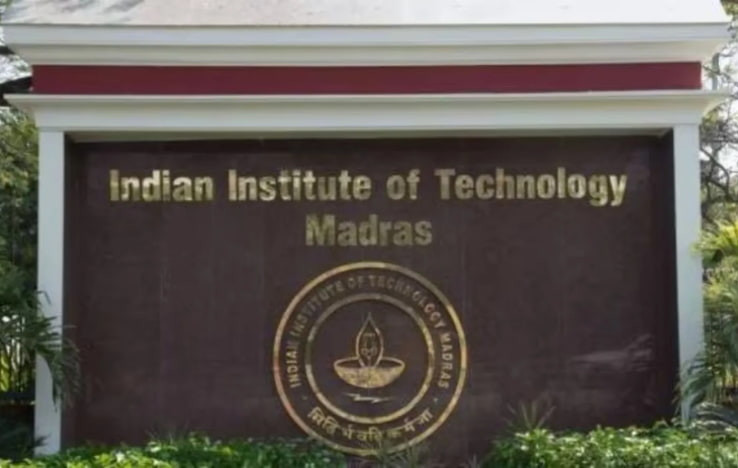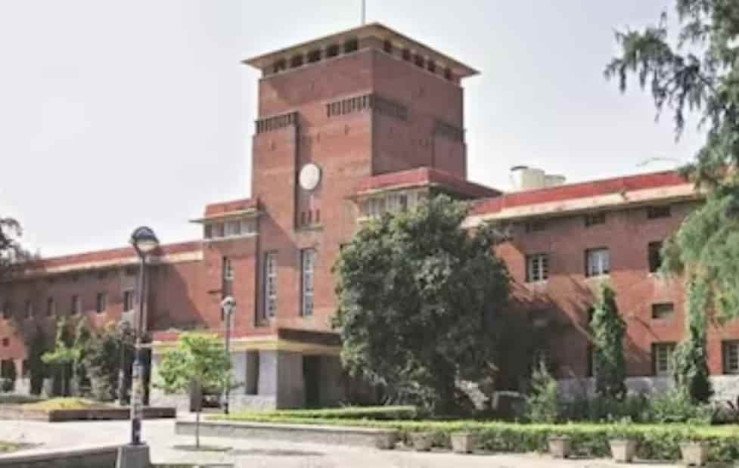Last Updated Jul - 09 - 2024, 05:07 PM | Source : PIB | Visitors : 42
Agnibaan, powered by India's first patented Single-Piece 3D-printed Semi-Cryogenic Engines, launched on May 30, 2024, from SDSC SHAR. Developed by Agnikul at II

An innovative two-stage orbital launch vehicle called Agnibaan powered by India’s first patented Single-Piece 3D-printed Semi-Cryogenic Engines developed and incubated at IIT Madras was launched on 30th May 2024, marking a significant milestone for the country’s space ecosystem.
Agnikul, a space-tech startup, has developed a state-of-the-art launch vehicle for India, paving the way for more frequent missions and making the country a commercial hub in the space sector. The launch vehicle, Agnibaan SOrTeD, is a single-stage vehicle propelled by a single semi-cryogenic pressure-fed engine, which was launched from India's first private launchpad at SDSC SHAR. The National Centre for Combustion Research and Development (NCCRD) at IIT Madras supports the startup, which works on automotive, thermal power, aerospace propulsion, fire research, and microgravity combustion.
Agnikul has developed technologies that improve the reliability of space engines and speed up their manufacturing, making it easier to organize space missions. The government's opening up of the space market for private players provided an opportunity in the sector, leading to the start of manufacturing the engines at the company's additive manufacturing facility at IIT Madras Research Park, popularly called the Agnikul Rocket Factory - 01, which was inaugurated in 2022.
Agnikul's groundbreaking achievement is the engine that assembles individual components, made with high-grade aerospace materials, making it more reliable and reducing realization time. The DST's TBI supported startup established India's first private launchpad along with a Mission Control Centre at Sriharikota range, which is entirely done in-house. The autopilot software developed by the company ensures the vehicle remains on the mission path despite externalities.
The launch vehicle, Agnibaan, is India's first launch vehicle to feed propellants through a powerful and compact electric drive. The in-house developed High-speed motor controller delivers high power at high frequency, mitigating noise generated by switching high voltages. The launch cost is the same across the spectrum of payload mass - 30 kg to 300 kg.
READ MORE| NCERT to Introduce New Syllabus and Textbooks for Classes 3 to 6

Feb - 27
The atmosphere at Jawaharlal Nehru University turned extremely tense this week after student protests escalated into direct clashes with Delhi Poli... Read More

Feb - 26
Excitement is growing among students and families as Delhi University prepares to award degrees to nearly 1.2 lakh graduates on February 28. For ma... Read More

Feb - 26
India’s prestigious Indian Institutes of Technology are considering a major shift in undergraduate education, and many students and alumni ar... Read More